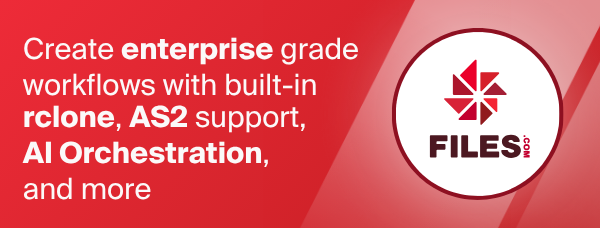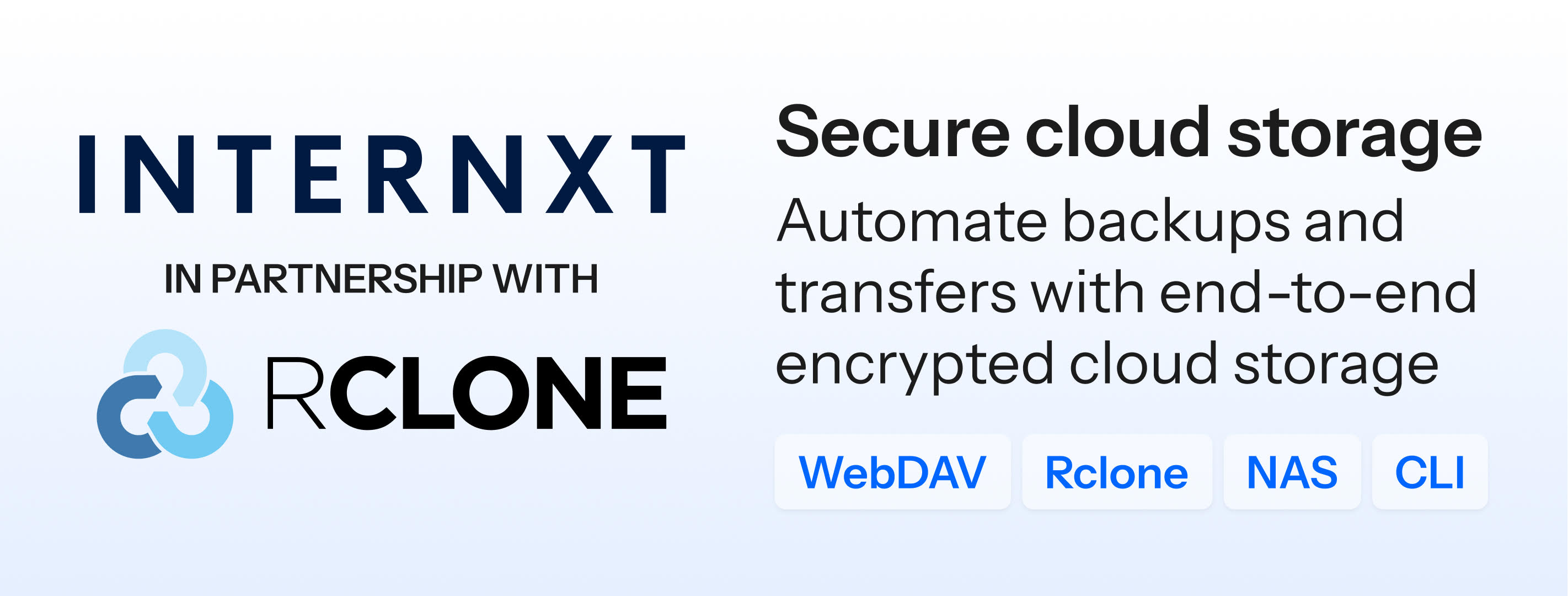GUI (Experimental)
Rclone can serve a web based GUI (graphical user interface). This is somewhat experimental at the moment so things may be subject to change.
Run this command in a terminal and rclone will download and then display the GUI in a web browser.
rclone rcd --rc-web-gui
This will produce logs like this and rclone needs to continue to run to serve the GUI:
2019/08/25 11:40:14 NOTICE: A new release for gui is present at https://github.com/rclone/rclone-webui-react/releases/download/v0.0.6/currentbuild.zip
2019/08/25 11:40:14 NOTICE: Downloading webgui binary. Please wait. [Size: 3813937, Path : /home/USER/.cache/rclone/webgui/v0.0.6.zip]
2019/08/25 11:40:16 NOTICE: Unzipping
2019/08/25 11:40:16 NOTICE: Serving remote control on http://127.0.0.1:5572/
This assumes you are running rclone locally on your machine. It is possible to separate the rclone and the GUI - see below for details.
If you wish to check for updates then you can add --rc-web-gui-update
to the command line.
If you find your GUI broken, you may force it to update by add --rc-web-gui-force-update.
By default, rclone will open your browser. Add --rc-web-gui-no-open-browser
to disable this feature.
Using the GUI
Once the GUI opens, you will be looking at the dashboard which has an overall overview.
On the left hand side you will see a series of view buttons you can click on:
- Dashboard - main overview
- Configs - examine and create new configurations
- Explorer - view, download and upload files to the cloud storage systems
- Backend - view or alter the backend config
- Log out
(More docs and walkthrough video to come!)
How it works
When you run the rclone rcd --rc-web-gui this is what happens
- Rclone starts but only runs the remote control API ("rc").
- The API is bound to localhost with an auto-generated username and password.
- If the API bundle is missing then rclone will download it.
- rclone will start serving the files from the API bundle over the same port as the API
- rclone will open the browser with a
login_tokenso it can log straight in.
Advanced use
The rclone rcd may use any of the flags documented on the rc page.
The flag --rc-web-gui is shorthand for
- Download the web GUI if necessary
- Check we are using some authentication
--rc-user gui--rc-pass <random password>--rc-serve
These flags can be overridden as desired.
See also the rclone rcd documentation.
Example: Running a public GUI
For example the GUI could be served on a public port over SSL using an htpasswd file using the following flags:
--rc-web-gui--rc-addr :443--rc-htpasswd /path/to/htpasswd--rc-cert /path/to/ssl.crt--rc-key /path/to/ssl.key
Example: Running a GUI behind a proxy
If you want to run the GUI behind a proxy at /rclone you could use these flags:
--rc-web-gui--rc-baseurl rclone--rc-htpasswd /path/to/htpasswd
Or instead of htpasswd if you just want a single user and password:
--rc-user me--rc-pass mypassword
Project
The GUI is being developed in the: rclone/rclone-webui-react repository.
Bug reports and contributions are very welcome :-)
If you have questions then please ask them on the rclone forum.



